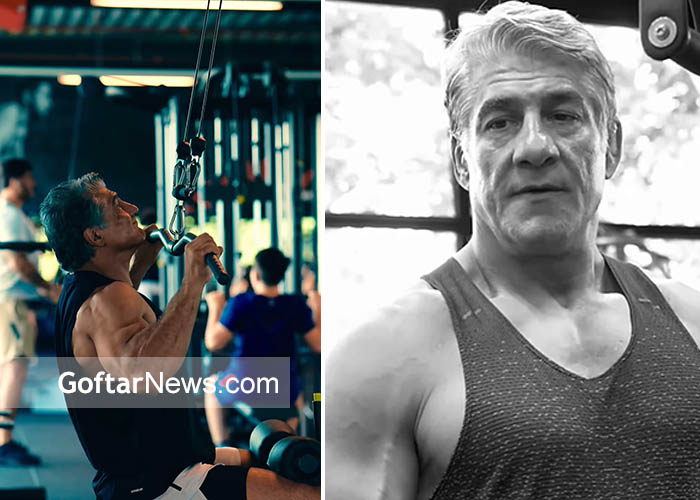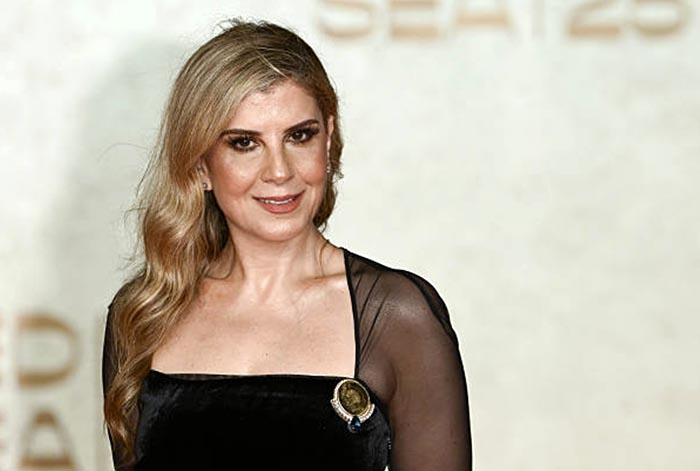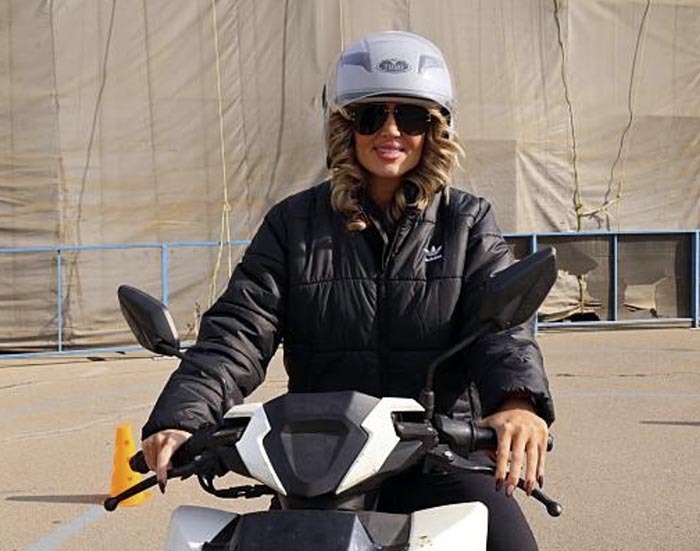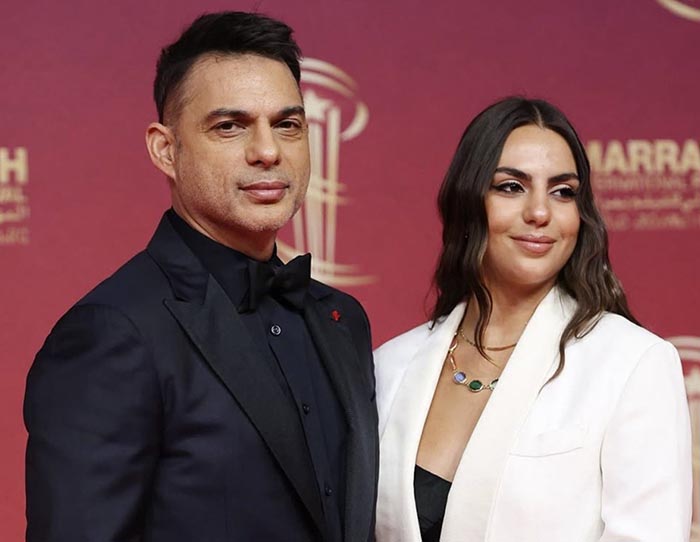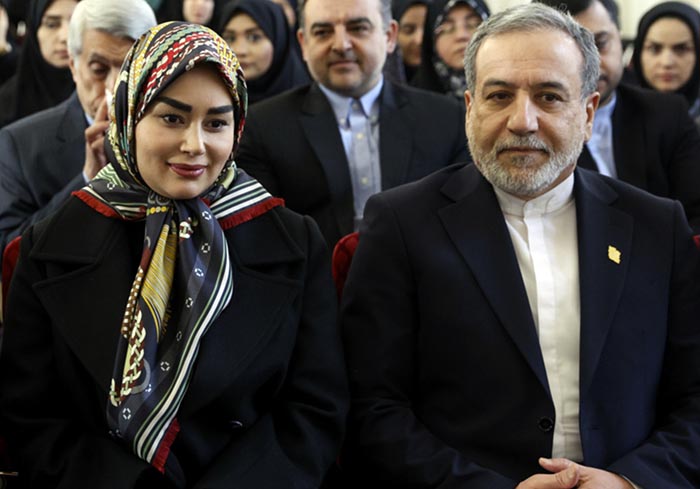Alireza Heydari Shocks TV Audience: The Truth Behind His Exit After Kimia and Nahid Remarks
Censorship, Self-Expression, and the Athletes’ Voice
Censorship and the limits on self-expression are significant issues for Iranian athletes, who must often navigate a fine line between expressing their personal views and adhering to the expectations of the state. In a country where freedom of speech is restricted, athletes are acutely aware that their words can have serious consequences, both for themselves and for their families.
For Heydari, the incident on the TV program was a stark reminder of these realities. While he has always been open about his views, the fallout from his comments during the broadcast highlighted the risks associated with speaking out in a politically sensitive environment. The abrupt nature of his departure from the program suggested that even a respected figure like Heydari is not immune to the pressures of censorship.
This incident also raises important questions about the role of athletes in Iranian society. On the one hand, they are celebrated for their achievements and serve as role models for the younger generation. On the other hand, they are expected to conform to the state’s narrative and to avoid making statements that could be perceived as controversial or oppositional.
Heydari’s experience illustrates the tension between these two roles. While he has always been proud to represent his country and to promote the values of integrity and sportsmanship, he has also had to be mindful of the potential repercussions of his public statements. This balancing act is a common challenge for Iranian athletes, who must navigate the complexities of self-expression in a highly controlled environment.
The Impact of Globalization and International Exposure
Globalization and international exposure have added another layer of complexity to the lives of Iranian athletes. Competing on the world stage brings with it the opportunity to interact with athletes from other countries and to experience different cultures and perspectives. However, it also exposes Iranian athletes to the scrutiny of the international community, where their actions and statements are often interpreted through a global lens.
For Heydari, competing internationally has been both a privilege and a challenge. On the one hand, it has allowed him to showcase his skills and to represent Iran on a global stage. On the other hand, it has also meant navigating the expectations of both his home country and the international community. This dual pressure can be difficult to manage, particularly when the political climate is tense.
The case of Kimia Alizadeh, who chose to compete under a different flag at the 2024 Paris Olympics, is a stark example of the challenges that come with international exposure. Her decision sparked intense debate in Iran, with opinions divided over whether her actions were a betrayal or a courageous stand for her personal freedom. For Heydari, who commented on the situation, it was a reminder of the complex dynamics that athletes face when they step onto the global stage.
